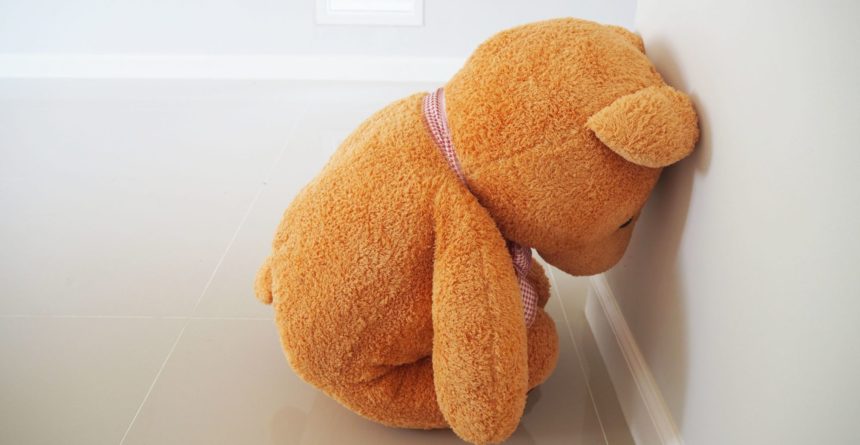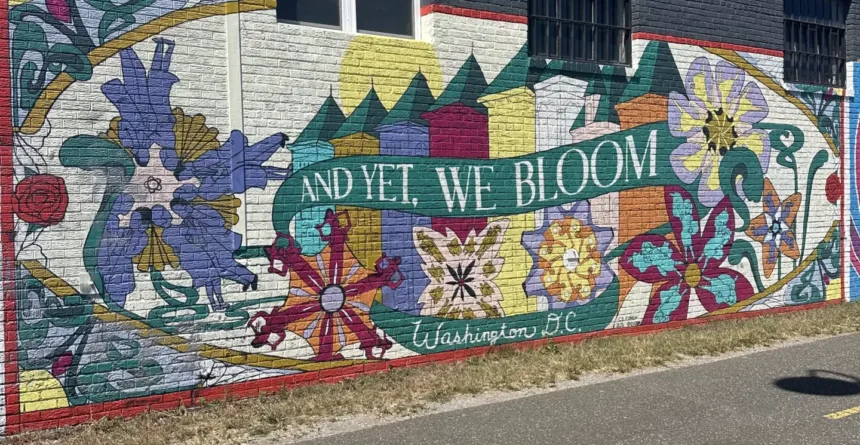We All Feel Disappointment
March 2, 2021

My clients and I have been talking about, crying as a result of, finding laughter within and learning to tolerate DISAPPOINTMENT. Disappointment is a type of loss. Because it’s not as acutely painful as what many view as major losses, such as, the loss of a job or the loss of a loved one, it is an emotion and experience that often gets pushed off to the side and categorized as not worthy of attention. I beg to differ. I believe and work with my clients to engage in all feelings of loss as worthy of attention, just possibly different attention. Brené Brown writes in Rising Strong“Comparative suffering has taught me not to discount the importance of everyday hurts and disappointments. They can shape who we are and how we feel just as much as those things that we consider the big events do
Disappointment & Boundaries
My clients and I have also been bringing awareness to what can occur when experiencing disappointment. We’ve noticed there is often a push to loosen up boundaries, whether they belong to another person or are within ourselves. We’ve also noticed how it is difficult to respect someone else’s boundaries, especially when those boundaries are the cause of the disappointment. When we can’t tolerate not getting what we want or not giving someone else what they’re asking for, we push them to lower their boundaries and we lower ours. Rather than this resulting in eradicating the disappointment and replacing it with satisfaction, it only creates a relationship with ourselves and others that fosters irritability, resentment, and lack of trust.
Processing Disappointment
Disappointment is an emotion that results from us not getting what we want from ourselves or someone or something external to us. Just as we feel desire or want for something in differing ways and amounts, we experience disappointment on differing levels. However, in the midst of the pandemic where everyone has experienced disappointment on some level and now for almost a year, the experience of disappointment for many is chronic. Or the time between experiences of disappointment aren’t long enough to build back one’s confidence, trust, or optimism. If we don’t allow the experience of disappointment to be honored and fully processed through our bodies, we risk building resentment, withdrawing and minimizing our wants for the future. Maintaining contact with our wants and desires is crucial to continue to propel forward, grow and take risks. It also will inevitably meet up with the experience of disappointment.
We have CHOICE
We have to develop strategies to navigate this experience, so it becomes part of our history that informs our next steps rather than a history that holds us back. We have to practice reminding ourselves that we have choice in these moments. We can choose how we care for this part of ourselves experiencing the disappointment. The first step is to view your disappointment as valid and worthy of your attention.
Ways to process disappointment through your body:
- Find a comfortable, private space or corner and have a good cry
- Have a good scream (into a pillow if needed)
- Take a walk and do one or both of the above
- Go for a run or a bike ride
- Share your experience with a trusted friend or therapist
Ways to move on from disappointment:
- Visualize an image of your best self or an image you really enjoy
- Gaze at the image
- Name out loud the positive belief you have about yourself when you see this image
- Take several full body breaths, paying attention to have a complete exhale
- Come back to this image as often as you like
- Practice Self Compassion
- Acknowledge you’re experience of disappointment
- Speak to yourself as you would someone you care for
- Identify the learning
- What part of this experience do I need to own?
- What do I need to accept about the other participants?
- How can I approach this differently next time?
- How can I set myself up to have a better outcome next time?
- What do I need next time that I didn’t have in this moment?
- Don’ts – Blame or Shame
- Don’t revisit the disappointment and take yourself down the rabbit hole of
- If I only had…
- If I only was…
- It’s my fault that…
- It’s their fault that…
- I shouldn’t have expected…
- Don’t revisit the disappointment and take yourself down the rabbit hole of
-
- Don’t recreate the alternative scenarios for something that has already occurred. We can’t change what has already happened.
- Commit to try to carry the learning forward
- All we can do is the best we can do.
- It’s the journey not the destination.
If you need support to navigate your experience of disappointment and develop strategies that allow you to maintain healthy boundaries, we welcome you to contact us at Steady NYC.



